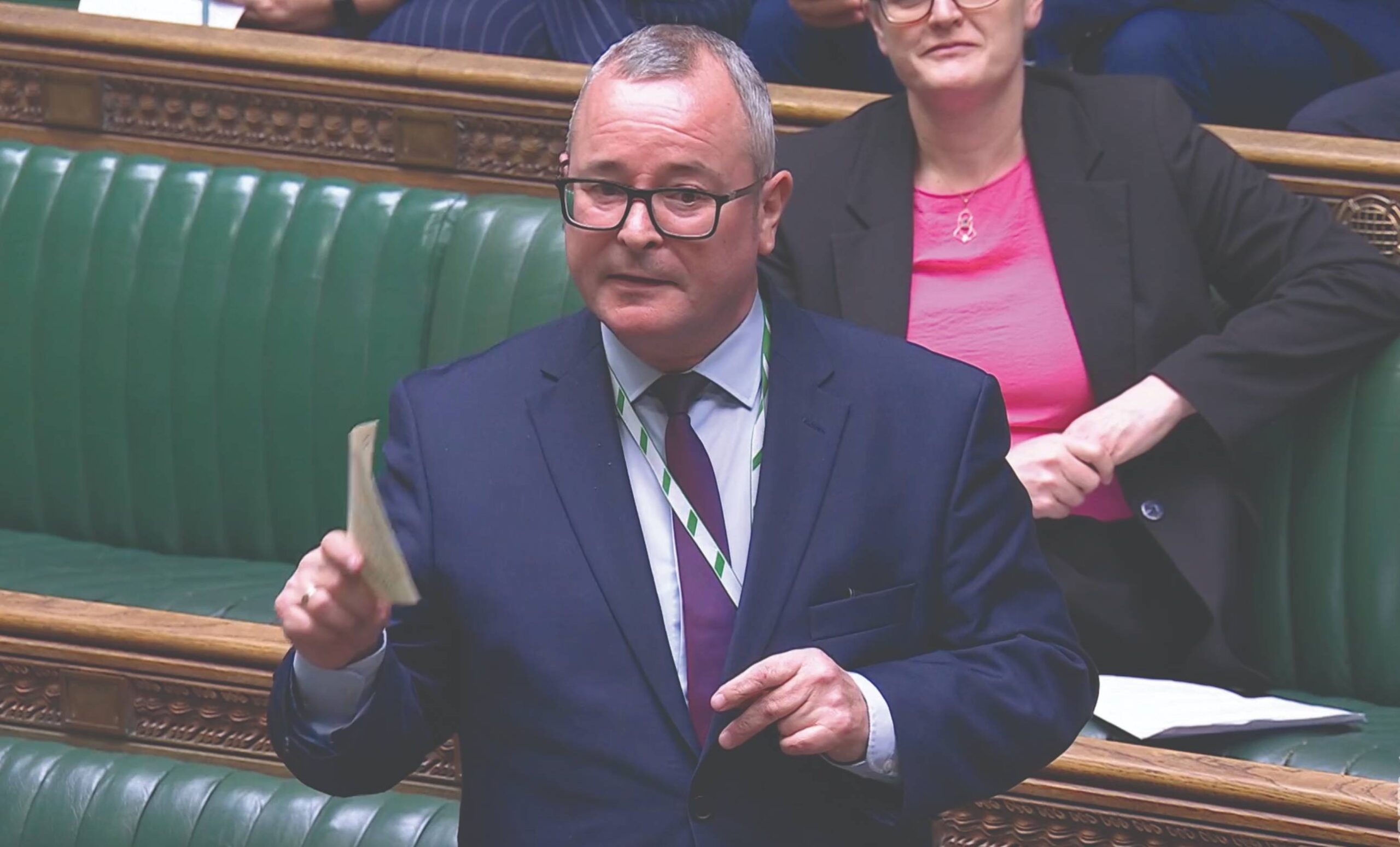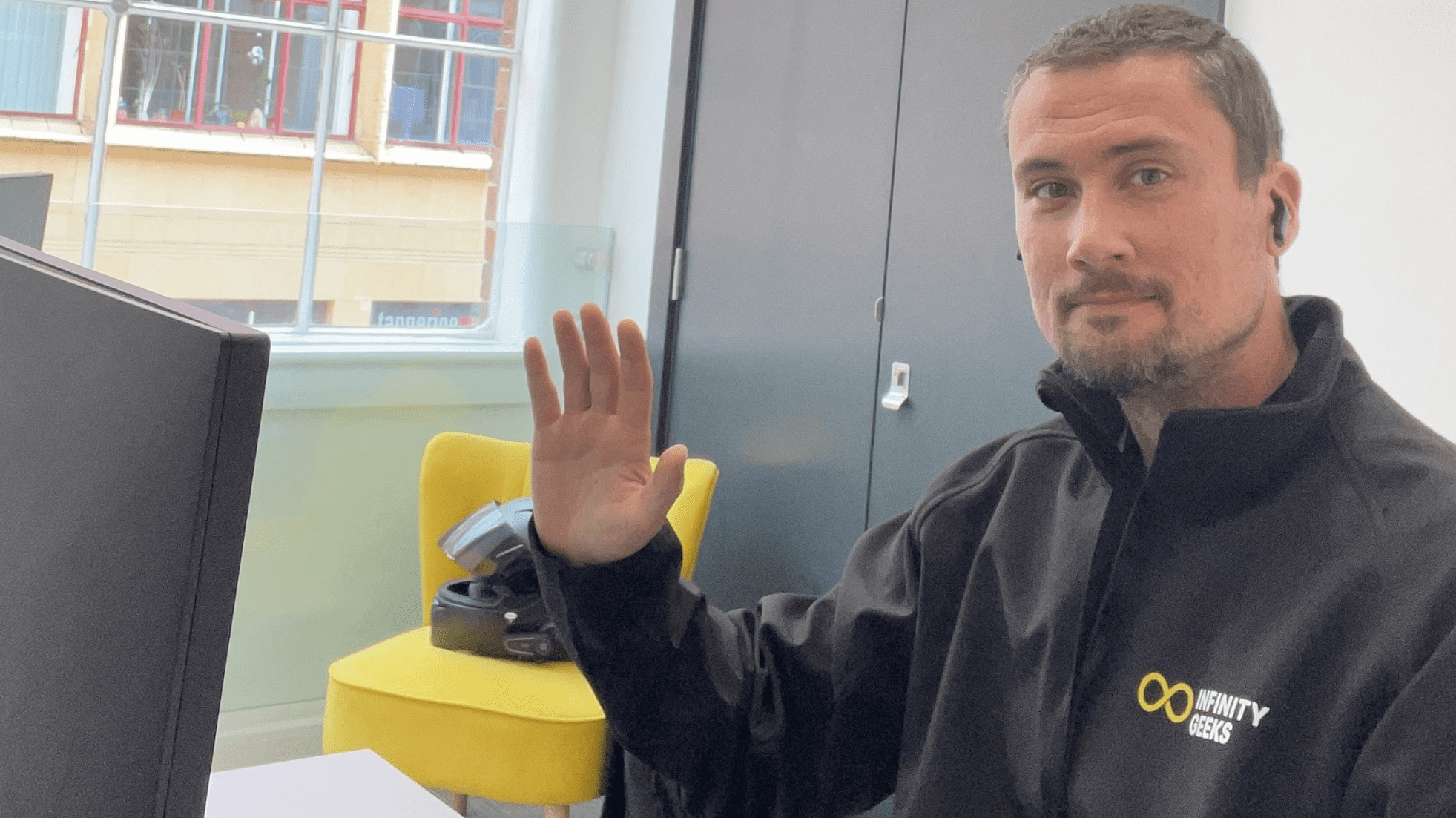While the political jostling and party politics dominate the headlines, it’s easy to forget that there are MPs on the ground, focused on their constituencies, with a genuine interest in making life better for the people who put them into office.
Lee Barron, Labour MP for Corby and East Northamptonshire isn’t a career politician. He stood for election for the first time in July last year, aged 55, and overturned a Conservative majority of more than 10,000 to take the seat with a 6,331 majority of his own.
That path to Westminster, however, is rooted in local pride, real-world experience, and a fundamental belief in representing people through a hands-on, grounded approach that puts his constituency and the people in it front and centre.
“I think there is a deep frustration with how it appears that politics is something that happens to people, not for them,” said Lee. “That’s how it felt to me, and I decided that I couldn’t keep saying people deserved to be represented properly if I wasn’t prepared to step up. I couldn’t ask other people to do things that way and not do it myself.
“And I believe we hit the ground running. I think there were around 4,000 emails waiting for us to deal with when we took office. We’ve worked hard to put things in place that we wanted to, and to try to show the people of Corby that politics matters to them.
“I make a point, every time I speak in the House of Commons, of bringing the constituency into it, relating it back to the people I represent and how the issues we’re working on affect them.”
It was important to Lee that his first Parliamentary seat should be in his home county. He grew up in Far Cotton, Northampton, and his father worked at a shoe factory in Raunds. He became an apprentice postal worker with Royal Mail at 16, later becoming Regional Secretary of the Communication Workers Union, and then Midlands Regional Secretary of the TUC.
As an MP, he is Chair of the All-Party Parliamentary Group, Modernising Employment. Among his early campaigns as the area’s MP, he’s been very vocal on special educational needs provision in schools and led the calls for the return of a dedicated police station in Corby. And, representing an old steel town as he does, he was proud to be recalled to the House of Commons in April for a debate on what Government could do to protect the industry.
“It was a privilege to be recalled for the weekend debate to discuss the steel crisis,” he said. “It was the first time since 1992 that Parliament had been recalled, and it was an important moment. And this community knows what it’s like, we lost 14,000 jobs when Corby closed and still have people working it the steel industry in the town, so there is naturally a lot of solidarity for the steelworkers.”
Lee Barron is driven by a belief that work should be a path out of poverty – a conviction shaped by a lifetime spent in and around the Labour movement. “I’ve always believed in the value of work,” he said. “But for too long, we’ve had a trickle-down economy where working people are left feeding off crumbs while the money stays at the top.
“Priorities can be all wrong at times. Look at what we pay people who look after our money compared the relative pittance we pay to those who look after people. That’s got to change.
“And it’s not just about better wages, it’s about security and dignity and ensuring those who genuinely can’t work are protected.
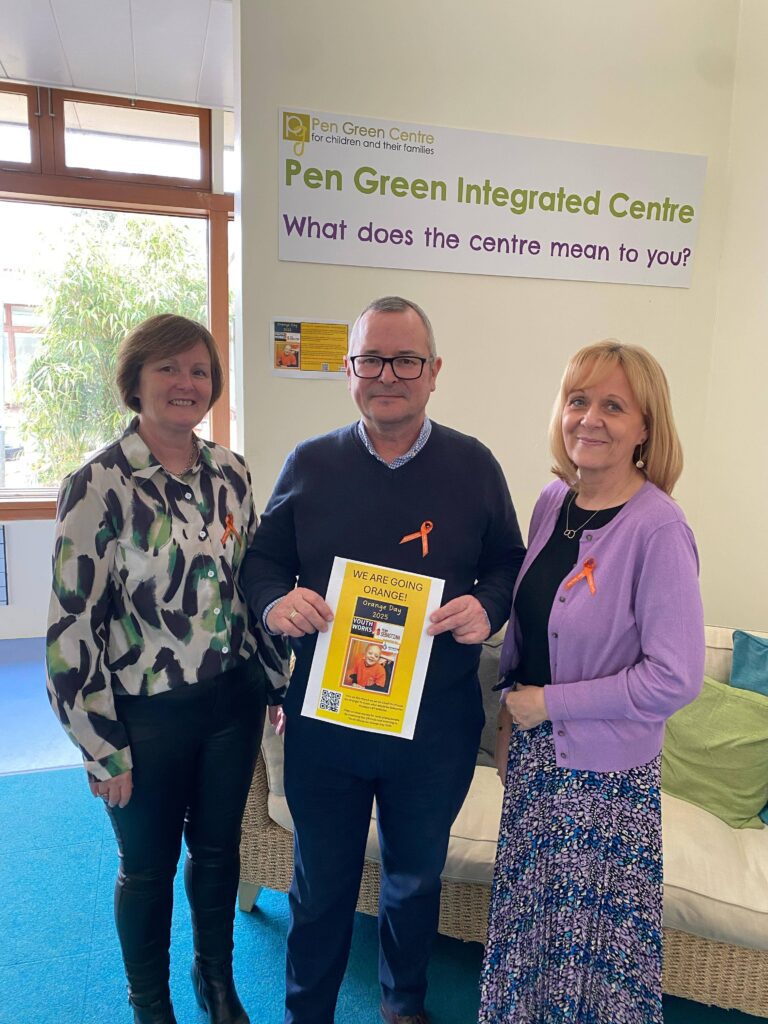
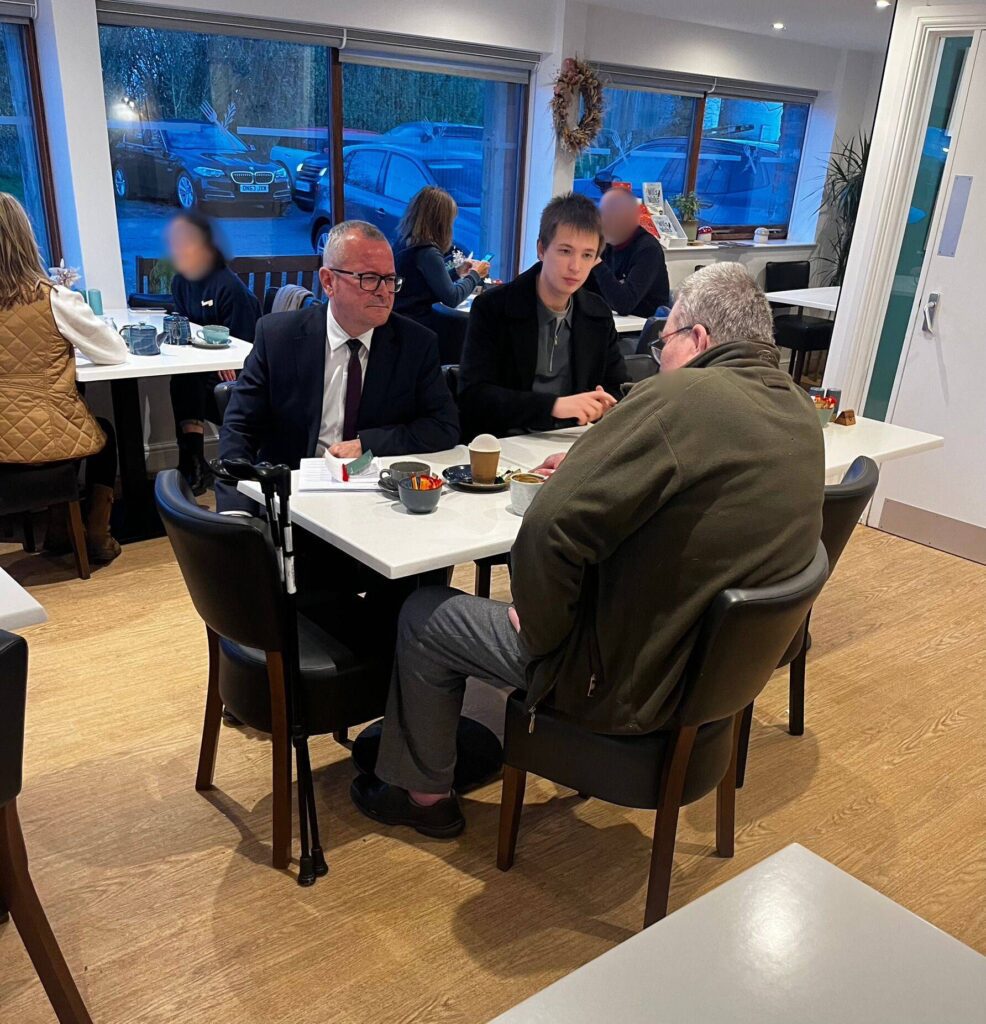
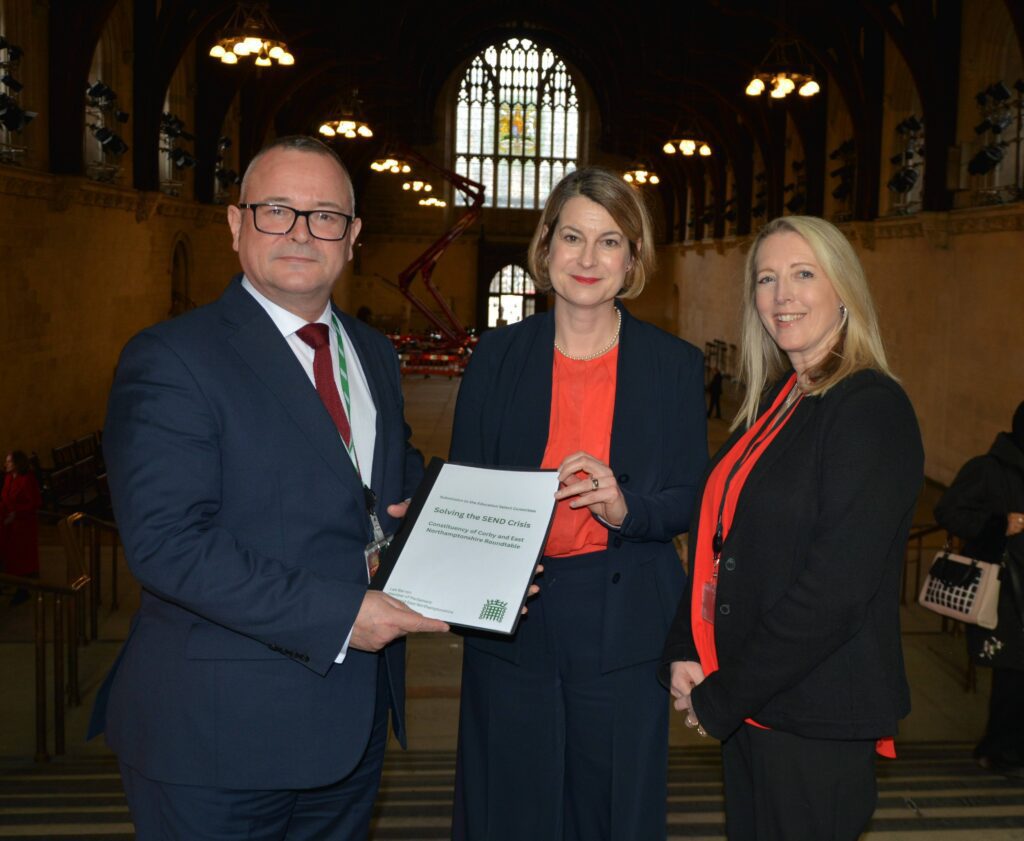
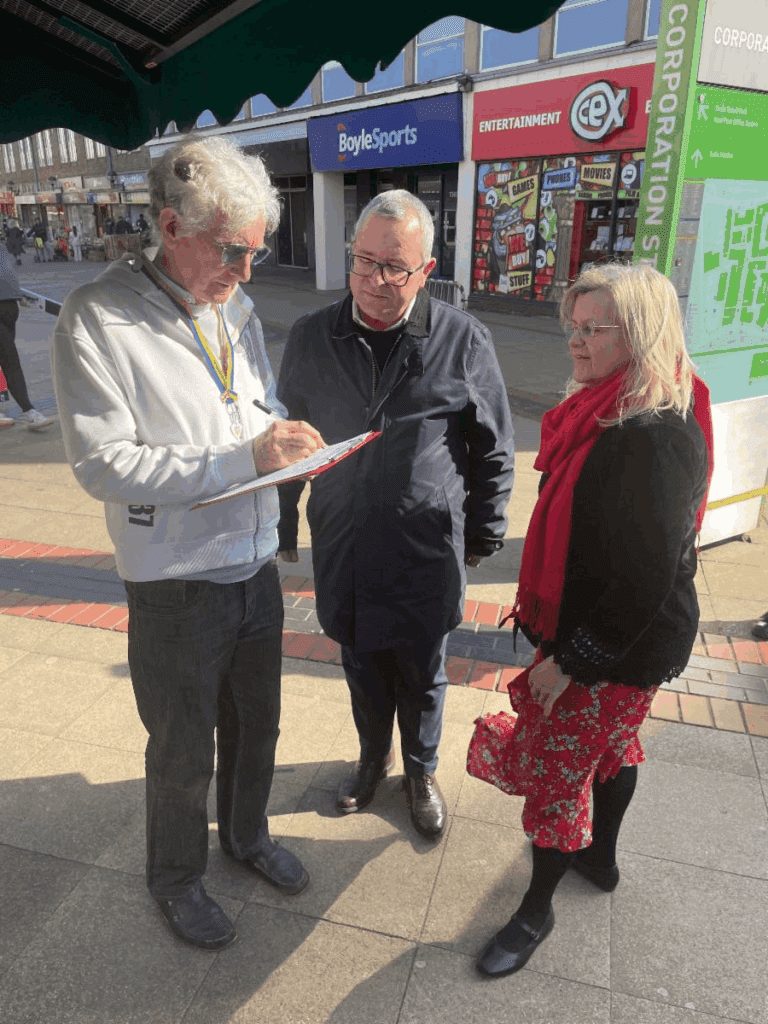
“The Government’s own impact assessments show that their current social care plans could push a quarter of a million people into relative poverty. I agree change is needed, but we have to ensure that the most vulnerable are still getting the help they need.
“Employment reform is not just about rights, but about creating good jobs – secure, stable jobs where people can plan their lives beyond the next pay packet. We want to help employers recognise what good work looks like.
There are good employers, bad employers, and those who want to do the right thing but don’t know how. We need to support good employers and hold bad ones to account.
“Zero hours contracts leave people vulnerable and afraid. Job centres have shifted from support hubs to places of fear. We need to return Job centres to being places people go for help, not somewhere they worry will put them at risk of losing their benefits. Work needs to be fulfilling – there should be dignity in it, with safeguards for those that need them.”
Lee’s assessment of the Labour Government as it reaches the end of its first year in power is that communication is where things could improve.
“There are good things happening, but sometimes people don’t see it. If there’s one thing that has to be central to this government after what has gone before, it’s got to be delivery. People need to see that we’re serious about making things better, not just telling people that’s the plan, but doing the work and communicating it so that people know what’s going on.
“The cost of living is pushing people to the edge, and meanwhile, we’ve got local authorities saying they’re bankrupt but still paying executives massive amounts. That kind of thing destroys trust.
“We need more representation for working people in Parliament and for it not to be seen as distant or elitist. Politics should happen for people, not to them.”


